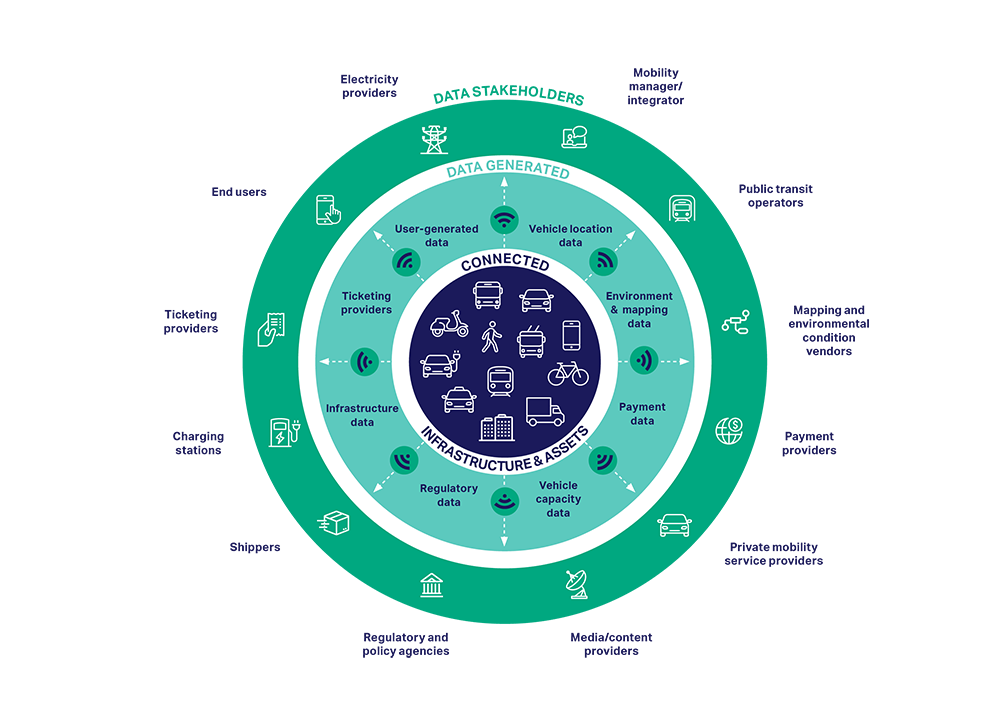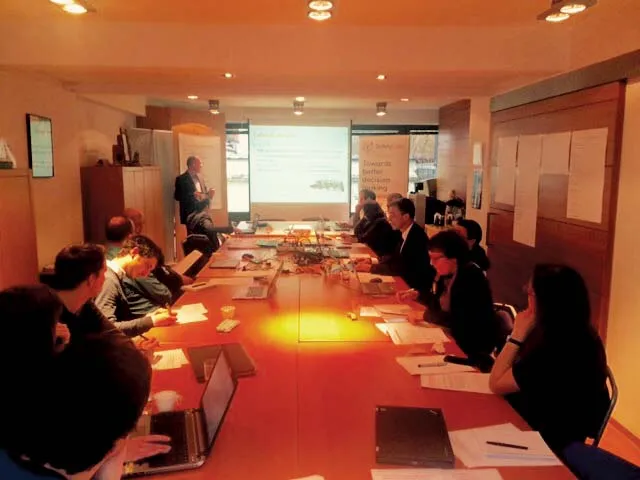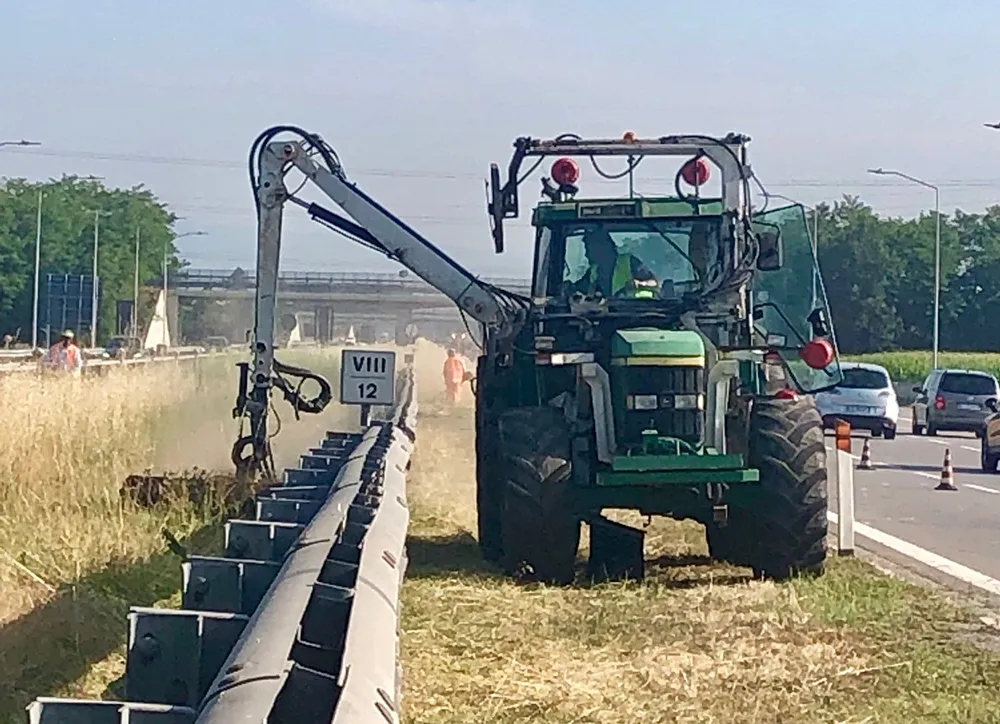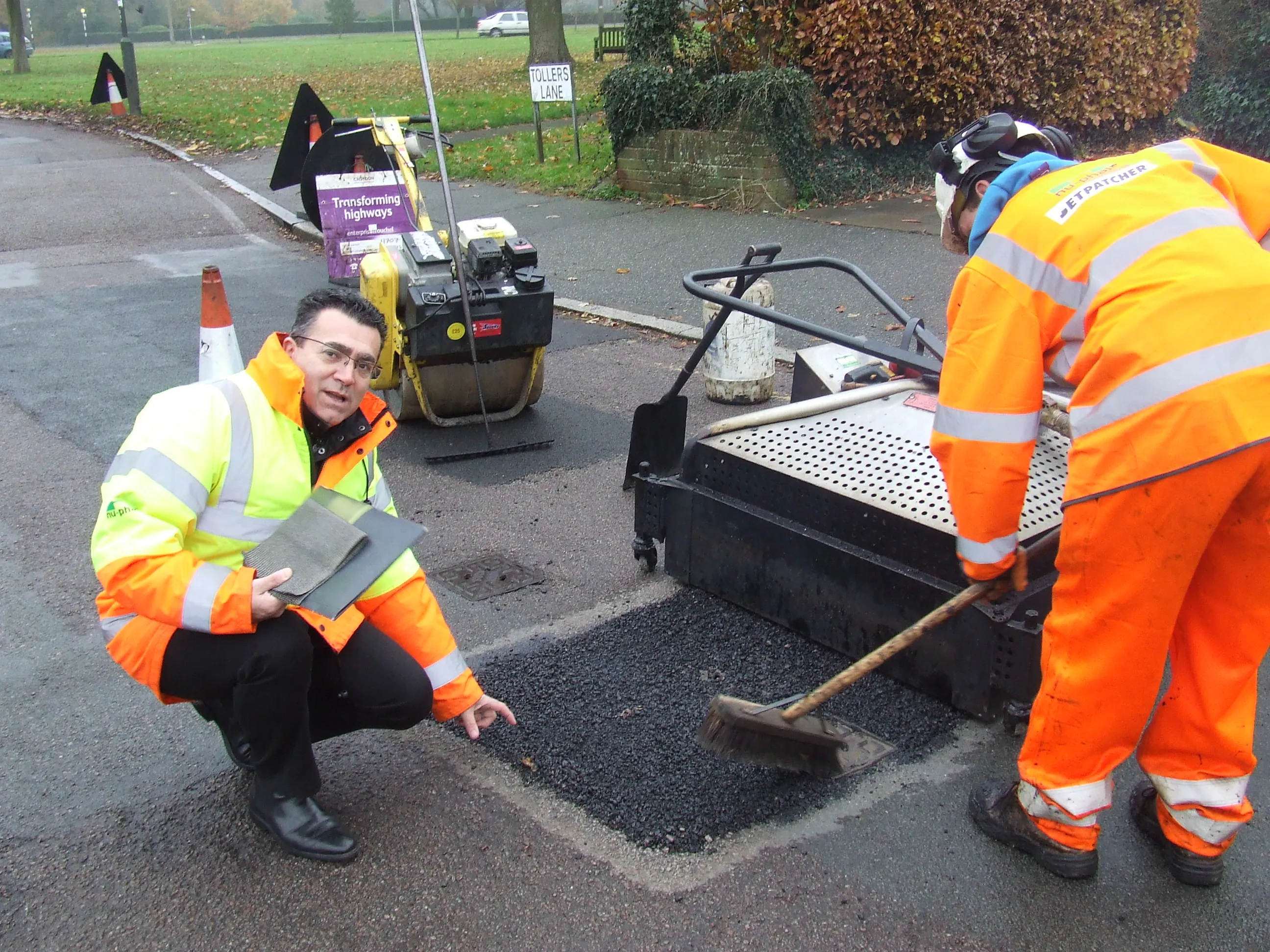
Shared mobility data from diverse sources including different modes of transportation, smart infrastructure, smartphones, and banking will constitute the nervous system of future sustainable urban mobility systems. Data sharing will underpin some of the most critical-use cases in mobility. These include mobility as a service, real-time optimisation and management of freight and passenger fleets, regulation, operation and control of smart city infrastructure, and enabling EV charging across networks and optimisation using telemetric data.
Further, data sharing will assume a critical role in ensuring a transition towards a safe, accessible, efficient, green, and resilient urban mobility system post-COVID. For example, data sharing can drive modal shift in commuting towards lower-impact, right-sized vehicles. Data sharing can help cities to deploy new access rules for private and public transportation and identify new streams of revenues; and support resilience and efficiency of the last mile urban freight.
However, multiple barriers prohibit the sharing of data including concerns around privacy, cybersecurity, competition, liability, unclear regulatory environment, and interoperability. While multiple data sharing initiatives have organically taken form over the last few years, there is limited consistency or replicability in terms of governance, data standards, rules for accountability, and third-party access.
 Policymaking and regulations, at the national and subnational levels will be essential to harmonise and scale these data sharing initiatives. Some reasons that point to the need for policymaking on data sharing include:
Policymaking and regulations, at the national and subnational levels will be essential to harmonise and scale these data sharing initiatives. Some reasons that point to the need for policymaking on data sharing include:
- Governments can act on behalf of its citizens to enable data sharing-use cases that help address positive externalities such as better experience for riders of public transit through integrated ticketing, planning and routing. Data sharing can assist congestion reduction; and reduction in emissions and pollutants, which may not be realised by voluntary actions by businesses or through individual behaviour change.
- Further, policymaking and regulations can create the appropriate conditions for a faster and controlled change in behaviour that encourages a critical mass of entities to share data. This can deliver the objective of creating shared public and private value towards the achievement of sustainable mobility goals.
- Such policies and regulations will also be critical in bridging the current data divide, where very few private entities control access to underlying data and possible value streams that may emerge from it. Thus, data sharing is critical to enable a competitive and innovative market as well.
A sound policy framework for data sharing may involve national and subnational policymaking bodies to weigh-in on the key layers, including Data Collection and Aggregation, Data Standards, Communications Infrastructure, Governance and Accountability, and Use and Analysis. Articulation of policy decisions at each sub-layer naturally impacts how the following layer is structured.
It is anticipated that the policy elements in each layer embody Data Sharing Principles as set forth in WBCSD TUM’s Enabling Data Sharing: Principles for Transforming Urban Mobility, where applicable, to ensure a competitive and innovative data sharing ecosystem.
Going forward, this joint initiative co-led by WBCSD’s Transforming Urban Mobility project and its business members, and the International Road Federation, collectively hosted at SuM4ALL, will:
- Validate and confirm the key elements of the policy framework for data sharing.
- Assess existing data-sharing initiatives against the policy framework to identify key gaps and best practices.
- Articulate how regulators and policymakers may constitute such policies against the backdrop of existing data and digitalisation policies such as GDPR, EU data strategy and the California Consumer Privacy Act.
In a subsequent phase, targeted pilots in local geographies will be conducted to test and validate findings.
The IX consortium meeting of the Sustainable Mobility for All (SuM4All) hosted via video conference on June 2nd offered the opportunity to present the interim report of this work stream. The meeting which saw the participation of more than 100 stakeholders from leading transport organisations and major development banks focused on the opportunities and challenges that the current crisis offers to define a “new normal” for the transport sector.









